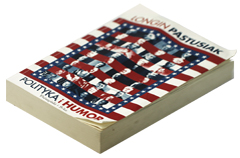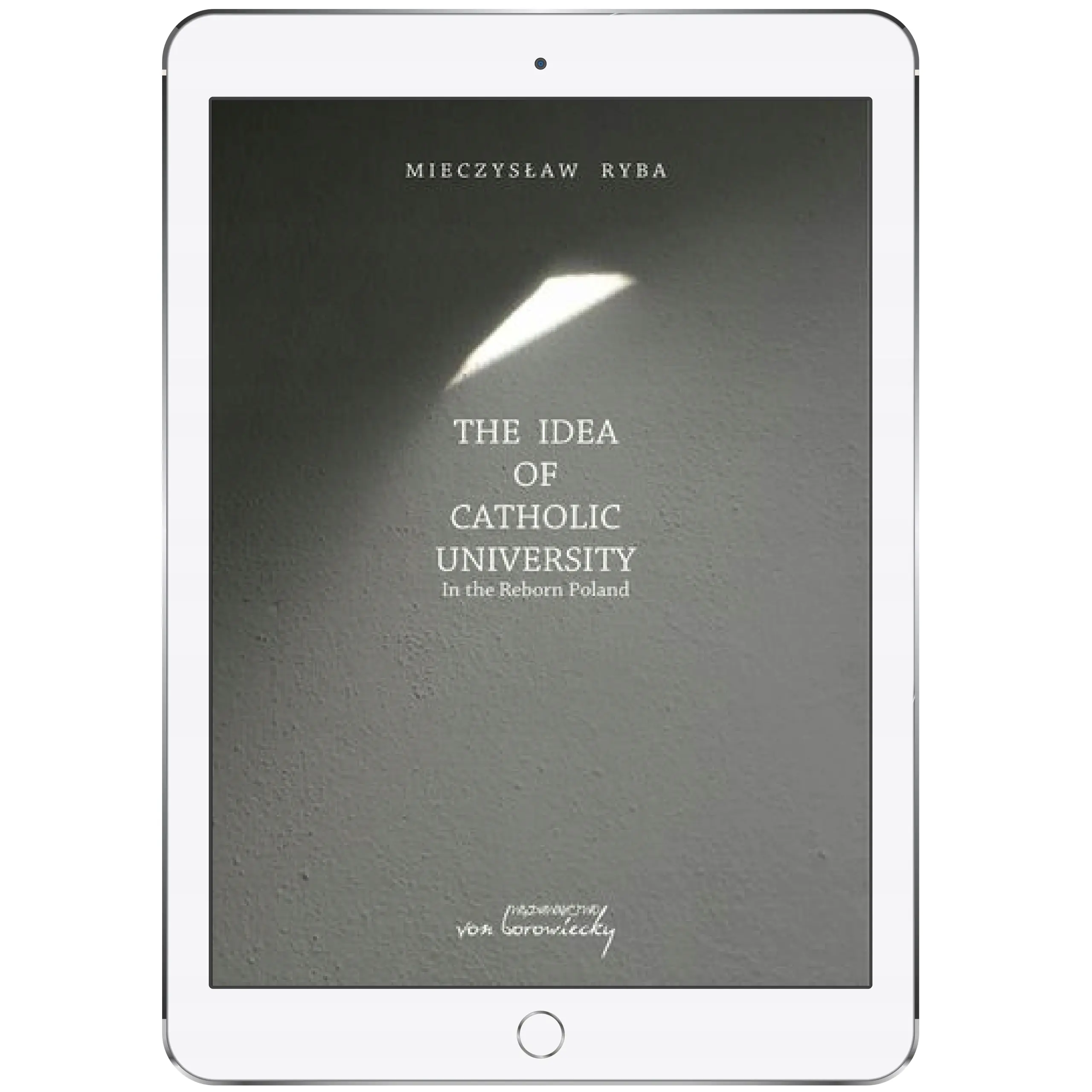Stan książek
Nasze książki są dokładnie sprawdzone i jasno określamy stan każdej z nich.






Nowa
Książka nowa.





Używany - jak nowa
Niezauważalne lub prawie niezauważalne ślady używania. Książkę ciężko odróżnić od nowej pozycji.





Używany - dobry
Normalne ślady używania wynikające z kartkowania podczas czytania, brak większych uszkodzeń lub zagięć.





Używany - widoczne ślady użytkowania
zagięte rogi, przyniszczona okładka, książka posiada wszystkie strony.
The Idea of Catholic University
Masz tę lub inne książki?
Sprzedaj je u nas
Prof. Ryba's book delves into the formative years of the John Paul II Catholic University of Lublin (KUL), established in 1918 at a pivotal moment in history when Poland re-emerged on the European map after 123 years of foreign domination. The narrative unfolds against a backdrop of universal and cultural struggles, particularly focusing on the efforts to preserve the Polish nation's soul and heritage during the 1920s and 30s. This work offers deep insights into the philosophies and motivations of KUL's founders and early educators. It examines the spirit and principles that form the core identity of the university, which not only reflects a regional Polish perspective but also encapsulates broader elements of Polish cultural and civilizational ideals, especially among Polish Catholics.
A century ago, Poland was already aware of the threats posed by modernist trends, diagnosing a superficial engagement with Catholicism within its intelligentsia, which was expected to be the societal elite. This alarming realization led to the decision to cultivate a Catholic Polish intelligentsia capable of countering secular ideologies. Father Idzi Radziszewski, a distinguished Thomist who earned his doctorate in Latin from the University of Louvain, envisioned and established this Catholic institution amidst various challenges, particularly financial ones. Today, a hundred years later, we celebrate the university's legacy, with notable alumni including figures such as the Millennium Primate, Stefan Wyszyński.
Wybierz stan zużycia:
WIĘCEJ O SKALI
Prof. Ryba's book delves into the formative years of the John Paul II Catholic University of Lublin (KUL), established in 1918 at a pivotal moment in history when Poland re-emerged on the European map after 123 years of foreign domination. The narrative unfolds against a backdrop of universal and cultural struggles, particularly focusing on the efforts to preserve the Polish nation's soul and heritage during the 1920s and 30s. This work offers deep insights into the philosophies and motivations of KUL's founders and early educators. It examines the spirit and principles that form the core identity of the university, which not only reflects a regional Polish perspective but also encapsulates broader elements of Polish cultural and civilizational ideals, especially among Polish Catholics.
A century ago, Poland was already aware of the threats posed by modernist trends, diagnosing a superficial engagement with Catholicism within its intelligentsia, which was expected to be the societal elite. This alarming realization led to the decision to cultivate a Catholic Polish intelligentsia capable of countering secular ideologies. Father Idzi Radziszewski, a distinguished Thomist who earned his doctorate in Latin from the University of Louvain, envisioned and established this Catholic institution amidst various challenges, particularly financial ones. Today, a hundred years later, we celebrate the university's legacy, with notable alumni including figures such as the Millennium Primate, Stefan Wyszyński.














